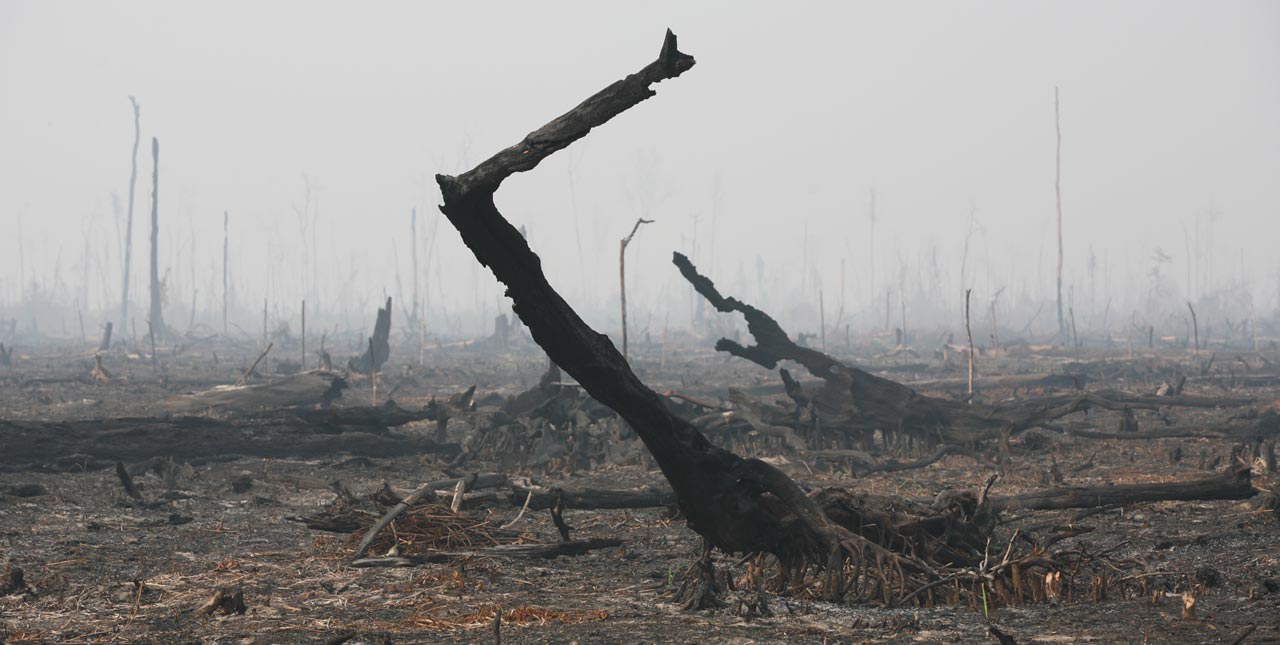Massive forest fires blaze in Russia's Siberia and Far East every year
This year one of the goals of the GLWF 2018 project is to look for evidence for one of the big environmental issues which significantly contributes to the accelerated pace of global warming...

Massive forest fires blaze in Russia's Siberia and Far East every year. These fires are a significant contributor to climate change, since when these forests burn they release planet-warming greenhouse gases into the atmosphere. When they burn, these long-stored gases are released into the atmosphere, thereby accelerating global warming. They are also a potential accelerant of the Arctic sea ice's rapid melt, since soot from forest fires that far north can be transported North-Eastward and deposited on sea ice in the Arctic. Once soot lands on ice, it turns the surface dark, thereby causing it to absorb more sunlight and melt faster. Siberia's forest is mainly comprised of an ecosystem known as boreal forest, which circles the top of the globe throughout Canada, Scandinavia and Alaska. The world's largest ecosystem, these forests are essentially massive savings accounts for carbon dioxide.
Photo: After fire







